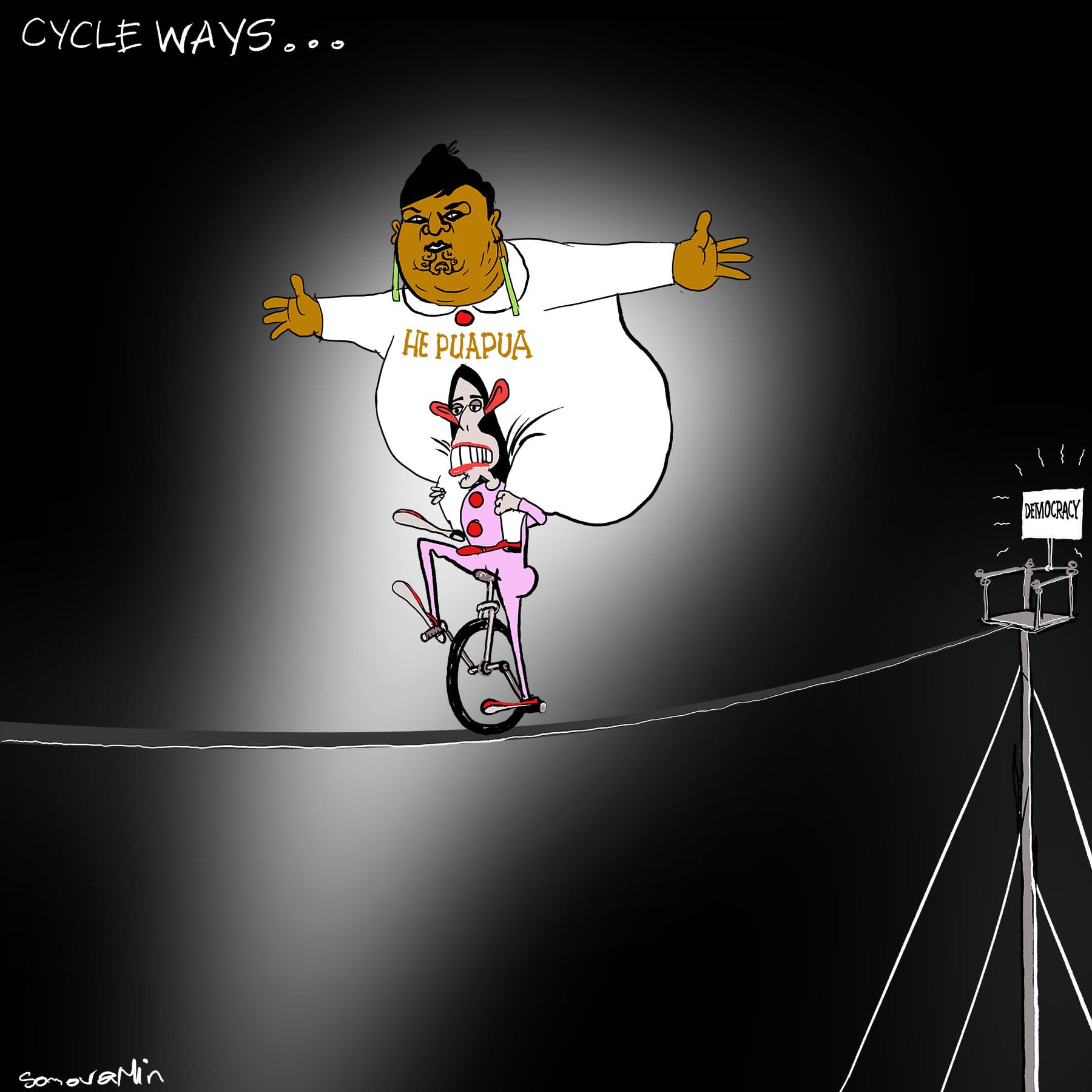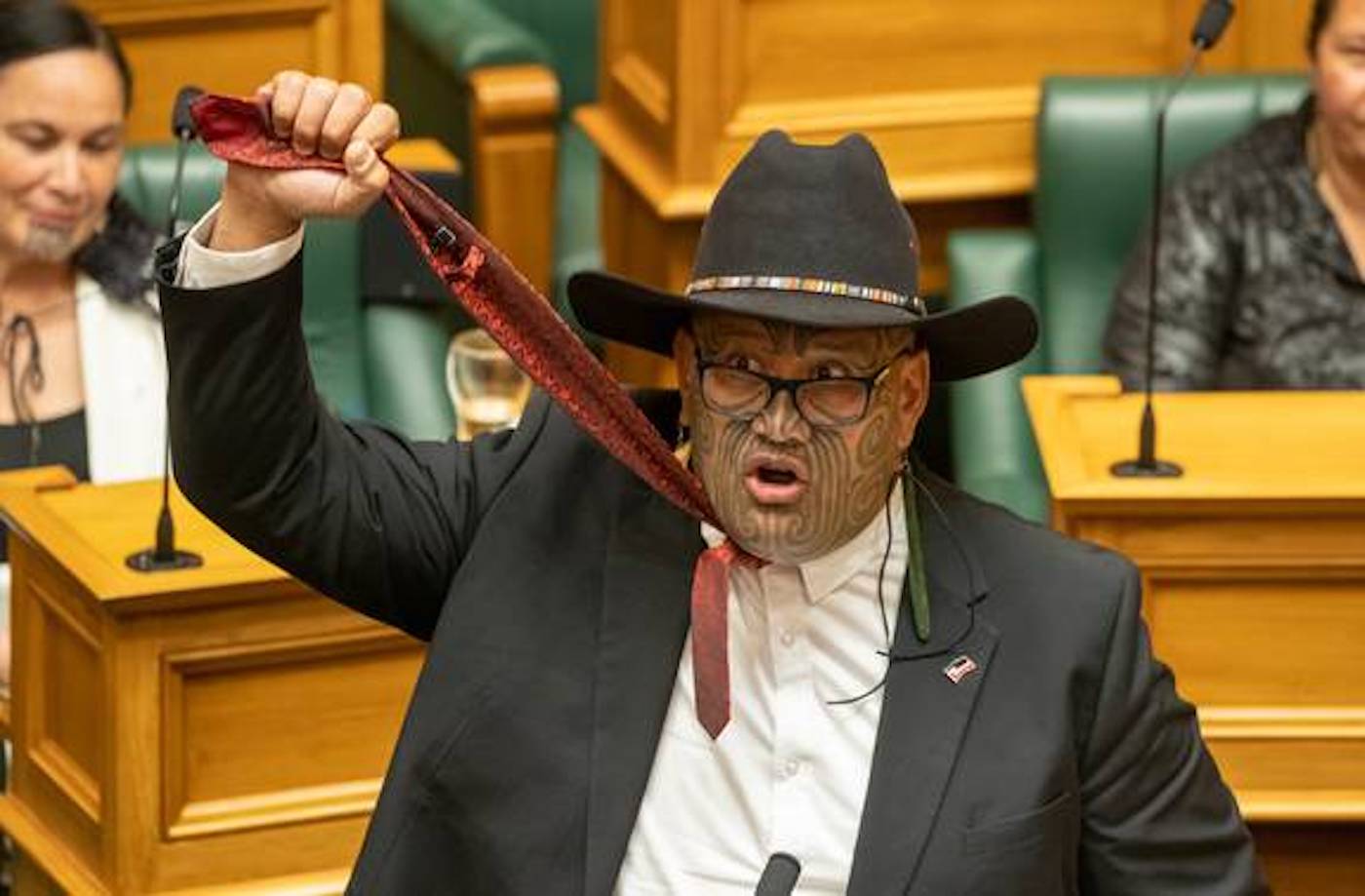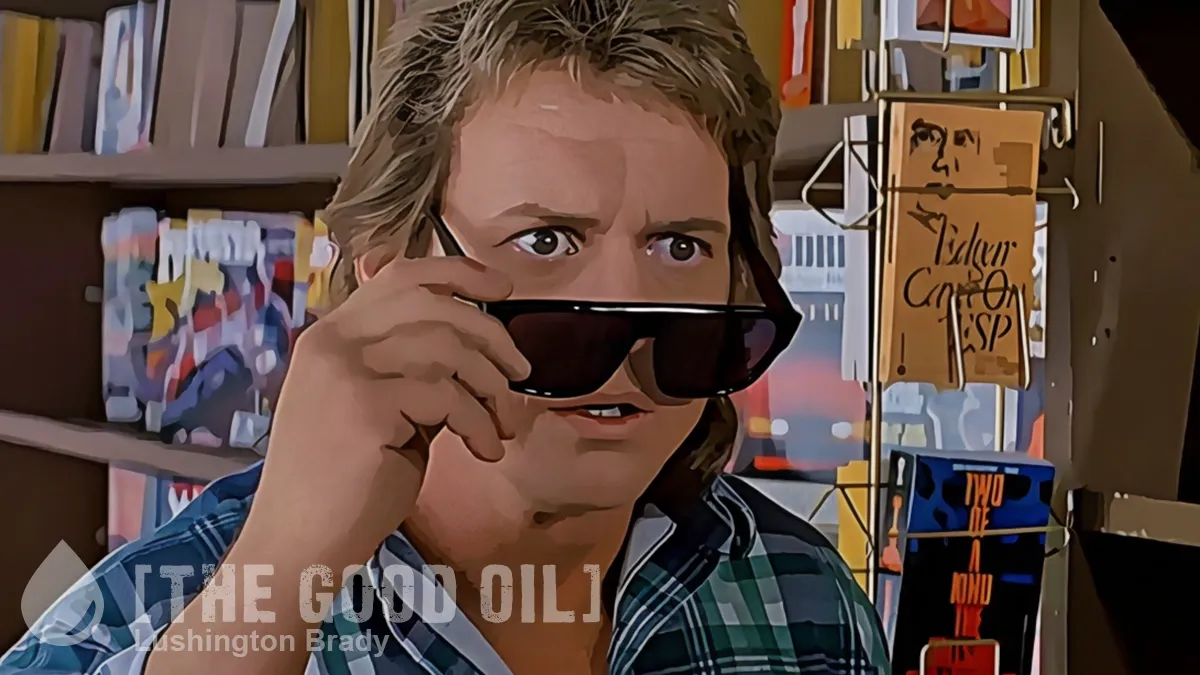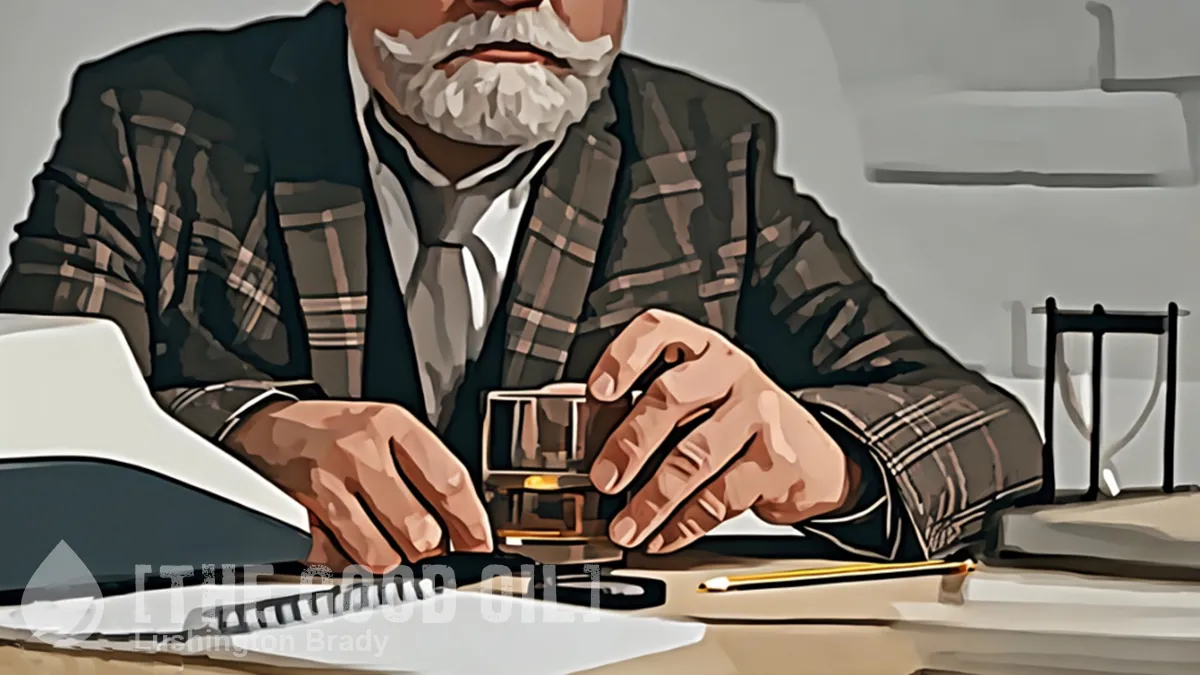Table of Contents
Graham Adams
democracyproject.nz
Graham Adams is a journalist, columnist and reviewer who has written for many of the country’s media outlets including Metro, North & South, Noted, The Spinoff and Newsroom
With the help of a largely dismissive media, concerns raised in April by David Seymour and then by Judith Collins over the revolutionary report He Puapua were soon damped down. But now Winston Peters has entered the fray — and it became clear this week that he has a very personal interest in how it has been handled.
Peters alleges the report — which charts a path to co-governance between the Crown and Maori by 2040 — was kept from him deliberately despite NZ First and Labour being in a coalition government at the time.
“In 2019 a report called He Puapua came to government but was never shown to one NZ First Cabinet minister,” Peters said. “This report was deliberately suppressed. It was a gesture of ingratitude and bad faith.”
His rancour is easy to understand. The 2017 coalition agreement between the two parties stated:
“The Labour and New Zealand First parties will work together in coalition government in good faith and with no surprises, reflecting appropriate notice and consultation in important matters, including the ongoing development of policy.”
The report was commissioned by Cabinet in March 2019 and delivered to Nanaia Mahuta, the Minister for Maori Development, that November. A highly redacted version was released to the public in October 2020 — nearly a full year after Mahuta first received it. Significantly, its release came after the general election when Peters couldn’t use it to his advantage.
It strains credulity to be asked to believe that Mahuta — who was hardly a top-ranked member of Cabinet — could have decided to keep the report secret all that time without explicit authorisation from Ardern, Grant Robertson and senior Maori ministers such as Labour’s deputy leader, Kelvin Davis.

As Peters put it on Newstalk ZB:
“There’s no explanation for it. You’ve got one side of the Cabinet, which happens to be one party [in the know, while] the other party doesn’t know. I’m waiting around for someone to explain to me how is that good faith.”
Unlike her earlier clear assertions that He Puapua had been kept from the public lest it be “misconstrued as government policy” and that it had never been presented to Cabinet, Ardern was extremely vague this week on the question of whether it had been withheld from her then Deputy Prime Minister.
Asked on Monday whether Peters was correct to say the report had been “deliberately suppressed”, Ardern replied:
”That is certainly not my recollection because I usually will recall those papers where they’ve come through and for any given reason they’ve been unable to progress. That’s not my recollection for that paper at all.”
The Prime Minister’s evasive answer leaves her plenty of wriggle room should Peters already have damning evidence to show the report was deliberately kept from him. Ardern was no doubt choosing her words very carefully because she is fully aware of Peters’ ability — honed over a political career spanning more than 40 years — to set a trap.
Willie Jackson, the current Minister for Maori Development, isn’t exactly helping. He said Labour had not deliberately withheld the report from Peters, but that his predecessor, Nanaia Mahuta, had put the report aside because of Covid-19.
Yet, Mahuta had the report in hand on November 1, 2019, and Covid didn’t become a consuming issue for the government for several months.
This week, Mahuta claimed there was nothing “deceitful” about how she had handled the report, but when she did finally accede last October to multiple requests for its publication only 34 of its full 123 pages were released.
Ardern and her ministers may have had good reason to believe they could ride out attacks by David Seymour and Judith Collins over He Puapua — not least because they understood that the inevitable allegations of racism directed at both politicians would be relentless and corrosive.
Indeed in mid-May, after Maori Party co-leader Rawiri Waititi had objected in Parliament to what he called “racist” rhetoric by the National Party over its claims of Maori separatism, Collins was assailed by a gaggle of journalists outside the chamber clamouring to know whether she was racist.
The same tactics don’t work on Peters; in fact, he thrives on such insults. In the speech he delivered to the NZ First AGM last Sunday that marked his re-entry into politics, he went out of his way to mock Waititi for claiming the neck-tie worn in Parliament was a symbol of a “colonial noose” while happily ignoring the “cowboy hat” he habitually wears.

The message was clear: If Waititi and the Maori Party want a fight, bring it on.
Peters is a scrapper and a wily and dogged infighter. And no more so than when he feels slighted or treated unfairly. Willie Jackson’s incautious statement this week about how much mileage Peters could have got from He Puapua before the election will be a flaming red rag to him.
Jackson said:
“I’m not saying Peters would have been back [if he had been given He Puapua], but you’ve got to remember [NZ First] were trying to use anything to get the vote up, and it would’ve been gold for them.”
Peters’ reference to “ingratitude” on the part of his former ministerial colleagues is loaded. He is acutely aware that he put Ardern into power in 2017 and any suspicion that she was willing to act less than honourably towards him will rankle.
After eight months in seclusion in the Far North pondering his next move, Peters will have had plenty of time to savour the prospect of serving up his revenge as a very cold dish over the next two and a half years before the 2023 election.
Ardern and her ministers should be afraid. As the National Party was reminded forcefully in 2017 after Peters suspected their ministers had leaked his superannuation details in an effort to discredit him, he is a dangerous and implacable foe.
Jackson’s admission of how potent a weapon He Puapua would have been in Peters’ hands before the election has an obvious corollary. It will be even more powerful now that Ardern and her Maori colleagues have actually begun enacting its recommendations.
That includes overturning Maori wards legislation in February with virtually no consultation and setting up a Maori Health Authority, reportedly due to be debated in Parliament in August.
On April 13, Health minister Andrew Little made it clear in a Cabinet minute that the MHA will have the express right of veto over the body that represents the 85 per cent of the population who are not Maori.
Little wrote:
“My expectation is that the Maori Health Authority should have a co-lead role in relation to national planning and in designing the key operating mechanisms that the system will use. This would require the Maori Health Authority to jointly agree national plans and operational frameworks (e.g. the commissioning framework), with clear approval rights including an ability to exercise a veto in sign-off.”
This extraordinary arrangement to give Maori the right of veto over the $20 billion health budget will be a gift of raw red meat to Peters, who has fought Maori separatism and nationalism for most of his long career.
Media commentators and politicians who like to dismiss the NZ First leader as a dinosaur may be about to find out just how sharp his teeth still are.
This article can be republished under a Creative Commons CC BY-ND 4.0 license. Attributions should include a link to the Democracy Project.
Please share so others can discover The BFD.









